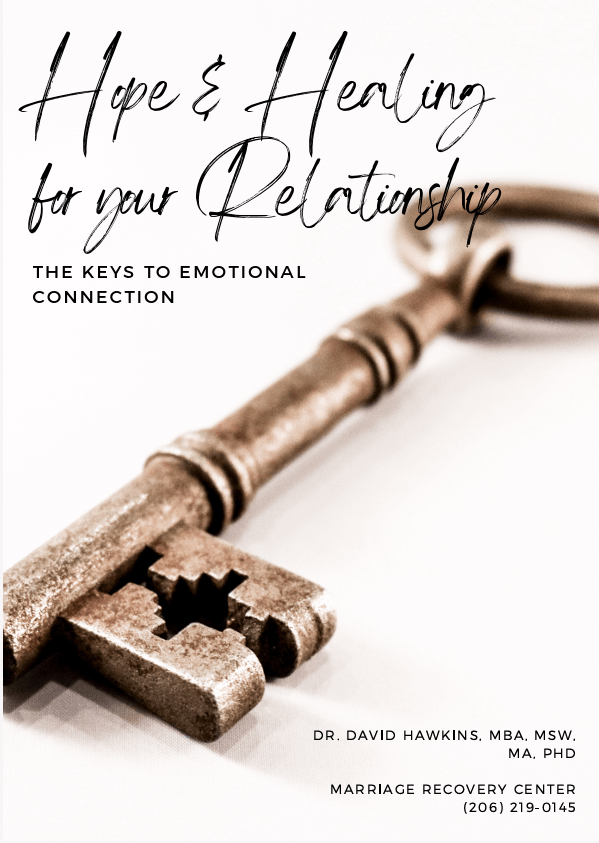Rebuilding trust and restoring a damaged reputation is a complex process that requires accountability, honesty, and a commitment to change. Whether your reputation has been harmed by personal mistakes or through manipulation by others, it is crucial to take deliberate steps to repair the damage and regain credibility. Below are seven essential steps to help restore trust after your reputation has been compromised.
1. Acknowledge the Harm Done
The first and most critical step in restoring trust is acknowledging the damage that has been done. If you have been the cause of the harm, you must recognize how your actions or words have tainted someone’s reputation. If you are the victim of false narratives, acknowledge how these misrepresentations have impacted your life.
It is important to deeply reflect on the situation and seek expert guidance if needed. A professional can help you examine the specific ways in which your reputation has been harmed and provide insights into how to move forward. This process may take time, but facing the reality of the situation is necessary for healing and restoration.
2. Offer a Genuine Apology
If you have played a role in harming someone’s reputation, offering a sincere and unreserved apology is essential. This apology should be free of excuses and manipulations. Instead, it should acknowledge the pain caused and demonstrate true remorse.
A proper apology includes:
- Admitting the wrongdoing without shifting blame
- Expressing deep regret for the harm caused
- Making a commitment to change and ensuring it does not happen again
For those whose reputations have been damaged, it is equally important to receive apologies from those who have contributed to the harm. Acknowledgment from others can be a powerful step toward healing.
3. Stop the Negative Behavior
If you have been responsible for scapegoating or misrepresenting someone, you must immediately stop all negative behaviors, including blaming, shaming, or rewriting history. Continuing these harmful actions only deepens the wounds and makes it harder to rebuild trust.
On the other hand, if you are the victim of false accusations or defamation, it is crucial to stand firm in your truth and refuse to engage in further conflict or negativity. Seeking legal or professional help may be necessary to prevent further damage.
4. Validate the Victim’s Reality
One of the most damaging aspects of reputation harm is gaslighting, where the truth is distorted, and the victim is made to question their own reality. If you have harmed someone’s reputation, you must validate their experiences and recognize their pain.
This means:
- No more denying or minimizing the victim’s feelings
- Acknowledging the real impact of the harm done
- Ensuring that the truth is upheld in conversations with others
If you are the victim, finding allies who believe and support your version of events can be an essential part of reclaiming your reputation.
5. Repair Relationships and Correct Misconceptions
Restoring a damaged reputation often requires addressing those who have been misled. This step must be handled carefully and with professional guidance. Consider the following actions:
- Gathering friends, family, or community members to clarify the truth
- Correcting false narratives that have been spread
- Allowing the harmed individual to express how they wish to handle the situation
If your reputation has been unfairly tarnished, you may need to strategically repair relationships by sharing your side of the story. This does not mean engaging in a defensive battle, but rather presenting facts in a composed and truthful manner.
6. Seek Expert Guidance
Dealing with a damaged reputation can be overwhelming, and it is often beneficial to seek professional help. Experts in reputation management, therapists, or legal professionals can provide strategies for correcting misinformation, repairing relationships, and navigating complex emotional aspects of the situation.
An expert can assist in:
- Developing a plan for reputation restoration
- Providing emotional support and validation
- Advising on how to communicate effectively during the rebuilding process
Having a professional guide can make a significant difference in the effectiveness of restoring trust and credibility.
7. Respect the Healing Process
Healing from a damaged reputation takes time, and each person’s journey is unique. Whether you are responsible for the harm or the victim of misrepresentation, patience is key. It is important to respect how the victim wishes to proceed in terms of correcting the narrative and rebuilding relationships.
For those who have been harmed, it is crucial to take control of their own healing and determine what actions will best serve their well-being. If public corrections need to be made, they should be done at a pace that feels comfortable and safe.
7 Steps to Restore Trust After Your Reputation Has Been Harmed – Conclusion
To restore trust after a reputation has been harmed is not easy, but it is possible with the right approach. Acknowledging the harm, apologizing sincerely, stopping negative behaviors, validating the truth, repairing relationships, seeking expert help, and respecting the healing process are all crucial steps toward restoring credibility and trust.
By taking responsibility and acting with integrity, both perpetrators and victims can find a path forward that leads to healing, justice, and renewed trust.
To learn how we can help, reach out to us at (206) 219-0145 or info@marriagerecoverycenter.com to speak with a Client Care Specialist
Also read: What is Scapegoating?
About Dr. Hawkins:
The internet is inundated with hyperbole and misinformation about narcissism, leaving many people confused and hopeless. Get the facts on narcissism and emotional abuse from someone who has been researching, writing about and treating narcissism and emotional abuse for over a decade.
Dr. Hawkins is a best-selling author and clinical psychologist with over three decades of experience helping people break unhealthy patterns and build healthier relationships.
He is the founder and director of the Marriage Recovery Center and the Emotional Abuse Institute which offers education, training and counseling for people who want to break free of, and heal from, emotional abuse. Whether the perpetrator of the abuse is your spouse, partner, parent, boss, friend or family member, we offer practical advice for anyone trapped in a toxic, destructive relationship.
In addition to narcissism & emotional abuse, you’ll learn about the lesser known forms of abuse, including covert abuse, reactive abuse, spiritual abuse, secondary abuse, relationship trauma and much more








